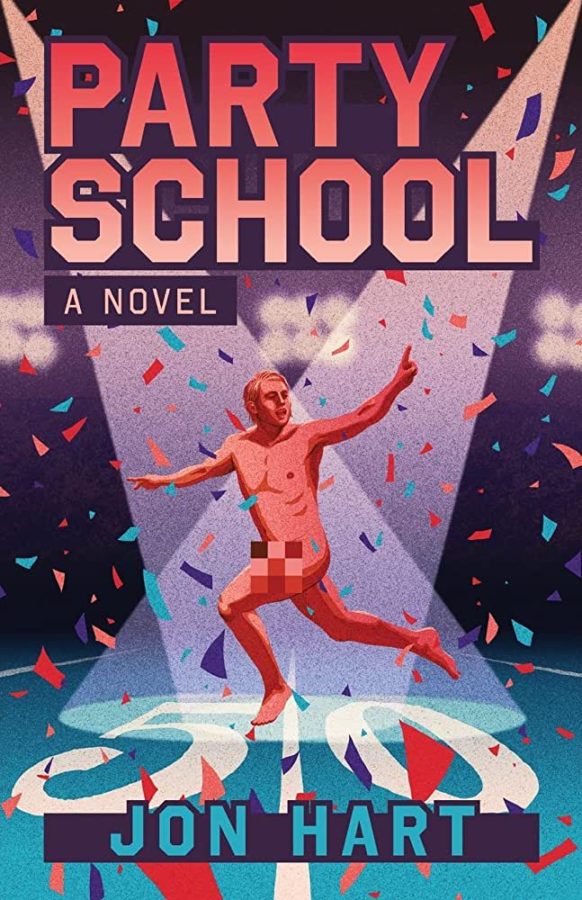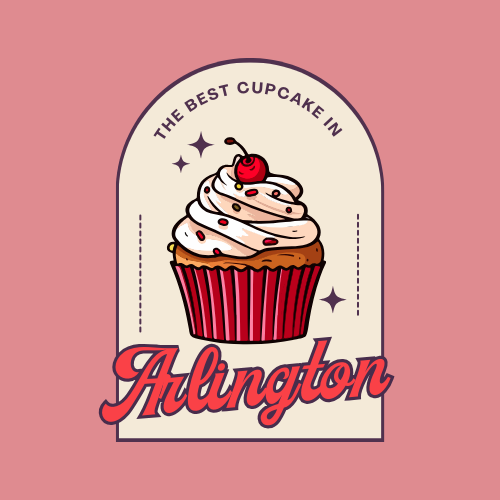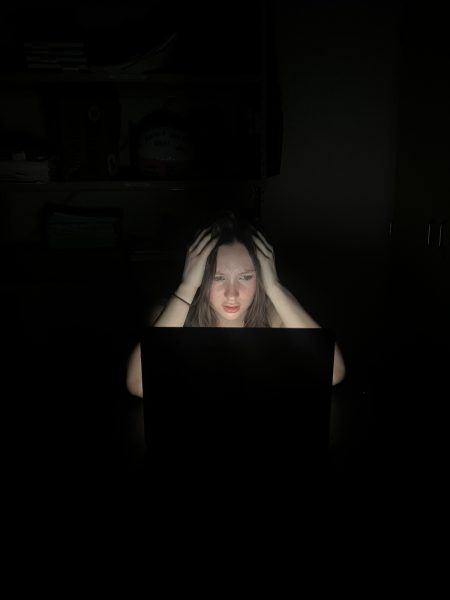Party School: fun, zany, and surprisingly profound
An unexpectedly decent read
The best way for me to describe Jon Hart’s “Party School” is that it is one heck of an interesting ride. Admittedly, my expectations were low at first–what could be insightful about a book that involves “an underground motorcycle club, weed and naked shenanigans?” But “Party School” is more than just wacky capers and wild antics. While it may seem like no biggie, “Party School”’s got a lot to offer.
“Party School” is a story about a young man named Dylan Mills and all the significant developments he encounters as he enters college, from girlfriend drama and parental hijinks to eccentric professors and even more eccentric friends. Adjusting from the fictional town of ‘Castleton,’ Dylan, to North-South, a party school infamous for its weed and partying, is quite a drastic change for him to part ways with Rosemary, his beloved girlfriend, momentarily. Hart mixes “Party School”’s chaotic premise with plenty of dry humor and wit, producing a relatively amusing, entertaining read.
One of “Party School”’s biggest strengths is its characters. They all have distinct personalities and peculiarities and are charming yet feel human. Dylan is a well-rounded protagonist with good development, and his narration effectively encapsulates his turbulent, often conflicting emotions. Rosemary is a great example of an initially idealized character whose flaws are later divulged. Wally, a friend Dylan makes soon after attending North-South, is one of my favorite characters. He is a laid-back, funny and brawny frat boy with a tough past and a surprisingly respectable attitude. Characters like Wally, who are idiosyncratic yet display a vulnerable side, are a good part of what makes “Party School” a unique, fun read.
Despite “Party School”’s mostly goofy nature, the emotionally charged moments in the book are surprisingly well-written, especially later in the story. One of my favorite moments is when Dylan immediately regrets telling Wally that he will stay in touch after informing his friend of his unexpected acceptance into his top school, stating, “Right after I said it, I regretted it. His foster families had always promised this but rarely delivered.” The book contains many other moments of subtle emotion that are a good contrast with its general tone and adds an extra layer of complexity that keeps it from feeling too immature.
However, “Party School” is not without its flaws. For instance, I felt the book’s conclusion was too abrupt and left many unresolved matters. Dylan switching colleges, which seemed like the start of a major plot point within the book, is barely touched upon. Additionally, the development of Rosemary and Dylan’s relationship towards the end of the novel feels irresolute and sudden. Expanding on those ideas would have resulted in a more conclusive, satisfying ending.
Another qualm I had with the book was its back description–which, while intriguing, reveals way too much about the plot.
Overall, “Party School” was a surprisingly entertaining book and a solid first novel for Hart. While lacking development in certain areas, “Party School” does a great job at executing its ideas and has a decent array of memorable, charming characters. It is a quick, enjoyable read that has far surpassed my expectations, and I recommend it to anybody looking for an amusing, non-intensive book.













